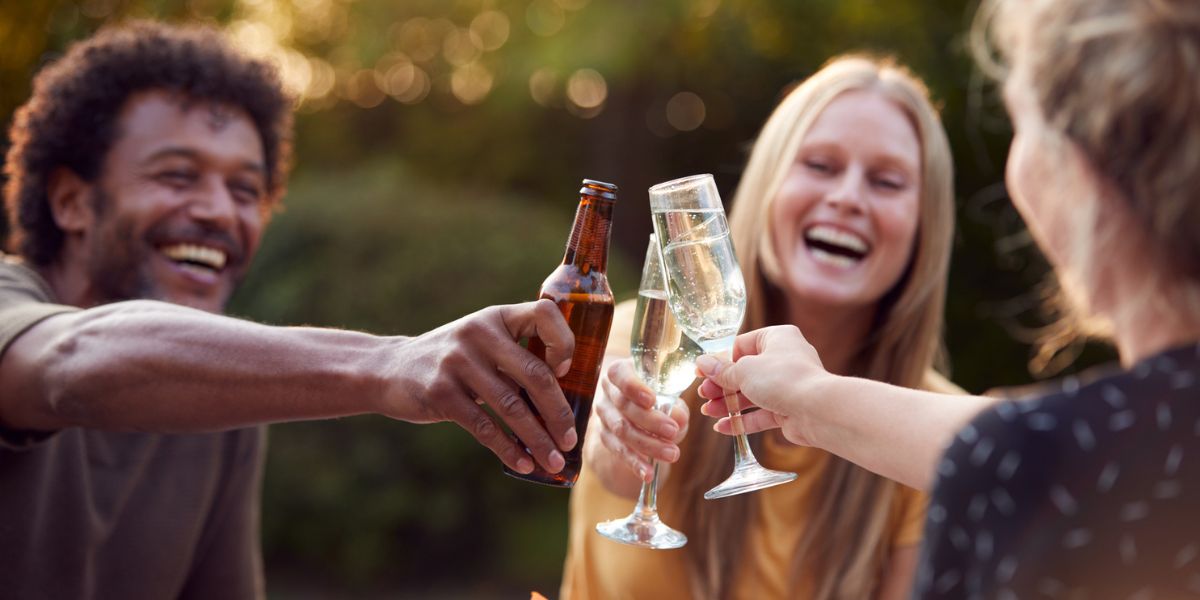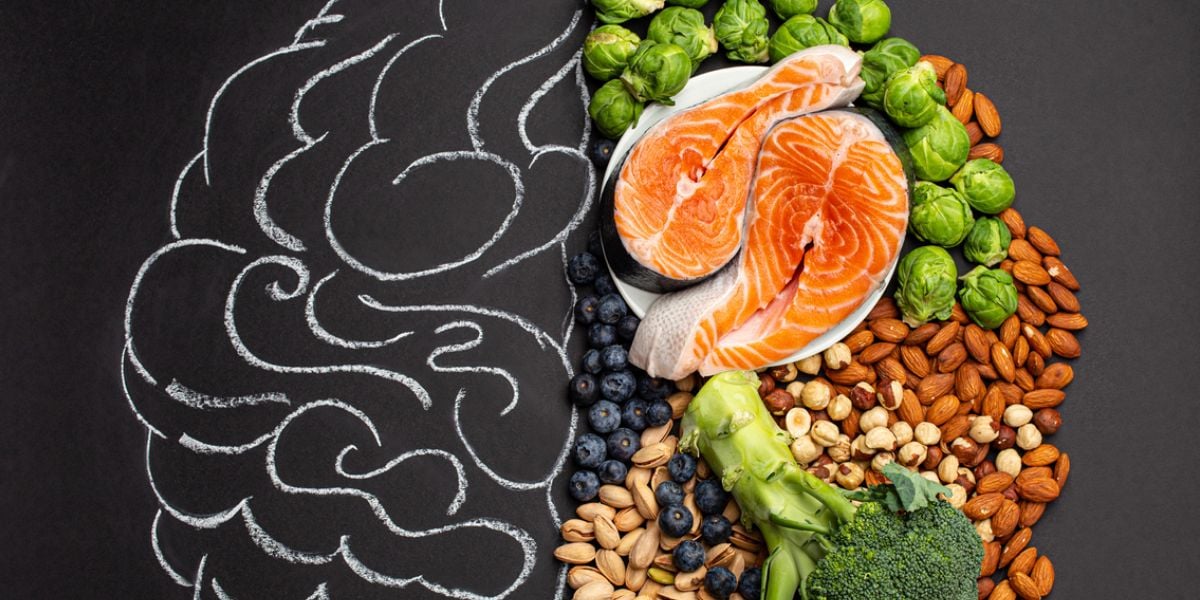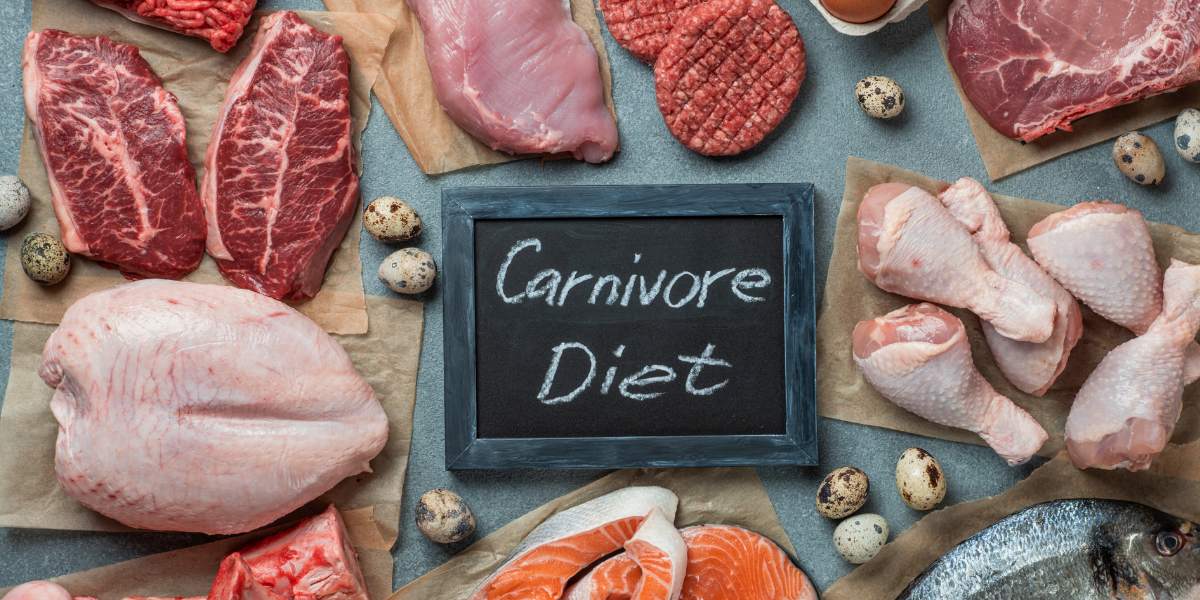It’s well known that alcohol can affect our liver in the long term but it also has affects in the short term that can make hypoglycemia more likely.
We take a look at why alcohol makes us more likely to go hypo, when this can be at its most dangerous and how we can prevent hypos from occurring.
The following information is written to be of use for people that have an increased risk of hypoglycemia, such as those that take insulin, sulfoylureas and prandial glucose regulators.
The liver and blood glucose levels
To understand how alcohol can raise the risk of hypoglycemia, it helps to understand how our liver works.
The liver plays an important part in blood glucose regulation by steadily releasing glucose into the blood through the day.
The liver is able to carry a stored version of glucose called glycogen which it can convert into glucose for release into the bloodstream.
The steady blood glucose raising effect of the liver explains why people with type 1 diabetes must always have an injection of longer term insulin each day, because otherwise the glucose released by the liver through the day would begin to raise blood sugar levels too high.
- Read more on the liver and blood glucose levels
Alcohol and the liver
When we drink alcohol, the alcohol can inhibit the liver’s ability to release glucose into the blood.
This can be particularly significant for people on stronger medication such as insulin because it can mean that the liver is not able to release enough glycogen to keep our blood glucose levels from going too low under the influence of the insulin in our body.
The impairment of the liver by alcohol can last for several hours after drinking so it is important to be aware of this.
A potentially dangerous situation can occur if you go to sleep without bearing in mind the fact that your liver will be affected by alcohol. Many people with diabetes, particularly those that take stronger medication such as insulin, can be at risk of suffering hypoglycemia over night if they do not take additional carbohydrate before going to bed.
Preventing hypos after alcohol
Alcohol can sometimes trick us. A number of alcoholic drinks (such as beers, cider and liquers) contain carbohydrate and so they may cause our blood sugar levels to rise initially, but we need to watch out because it is later when we may become more susceptible to low blood glucose levels because of alcohol.
It’s best to monitor your blood glucose levels regularly when having alcohol. If you need to take insulin whilst you have alcohol in your body, be very careful as it is easy to make a misjudgement. Bear in mind that alcohol raises the risk of hypos occurring, as explained above, and don’t be tempted to inject too much insulin.
Alcohol and nocturnal hypoglycyemia
Alcohol and hypos can be a dangerous combination, particularly over night. We’re sad to say that people on insulin can die as a result of hypos over night following alcohol if precautions are not taken to blood sugar levels from going too low.
If you have been drinking alcohol, it is important therefore to take sufficient carbohydrate before going to bed. If you are unsure how much carbohydrate to take, it is usually better to guess too much rather than too little carbohydrate.
It’s important to test your blood glucose before going to bed and when you wake.
If you usually take an injection of long term insulin before bed, you will need to take this injection and ensure you’ve had enough carbohydrate to prevent a hypo occurring.
Be aware that it’s important not to miss your night time injection as your body will begin to release ketones which can significantly increase the risk of ketoacidosis occurring.
Alcohol, sport and hypoglycyemia
Be aware that if you have been more active than normal, this may cause your body to be more sensitive than normal to insulin, therefore adding a further risk element of hypoglycemia. Exercise can increase the body’s sensitivity to insulin for up to 48 hours.
To prevent hypoglycemia from occurring, it is best not to combine strenuous activity with alcohol in the same day and to be careful with managing your blood sugar levels if you took part in strenuous exercise within the last 48 hours.
- Read more on sport and hypos
Alcohol and trouble recognising hypo warning signs
An important aspect of alcohol is that it can mask some of the important warning signs of a hypo that you might normally experience. This can raise the risk of a severe hypo occurring.
It is therefore important to regularly check your blood glucose levels when you have alcohol to prevent a hypo catching you by surprise.
Alcohol, hypos, driving and dangerous tasks
Do not to drive if you have had any alcohol. Even small amounts of alcohol could impair your ability to recognise a hypo and could therefore lead to a very dangerous situation on the road.
It is also important not to undertake any other potentially dangerous tasks, such as DIY or operating any other dangerous machinery, whilst under the influence of alcohol.
- Read more on driving and hypoglycyemia





